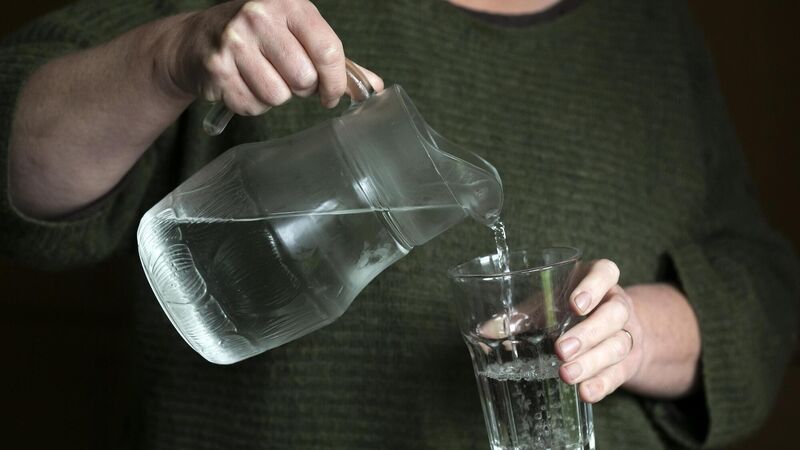Water quality risk as more than 100 of 1,400 private supplies fail bacteria tests

One million people in Ireland get their drinking water from a private supply, the EPA said, with many more drinking water from small private supplies. Picture: Sam Boal / RollingNews.ie
More than 100 of the country's approximately 1,400 private water supplies failed the test for bacteria at the end of 2019, thereby putting lives at risk, according to the Environmental Protection Agency (EPA).
The agency said 88 of the 1,418 small private supplies monitored failed to meet the standards relating to bacteria, which it said is the most important indicator of safe drinking water.










